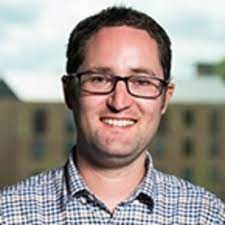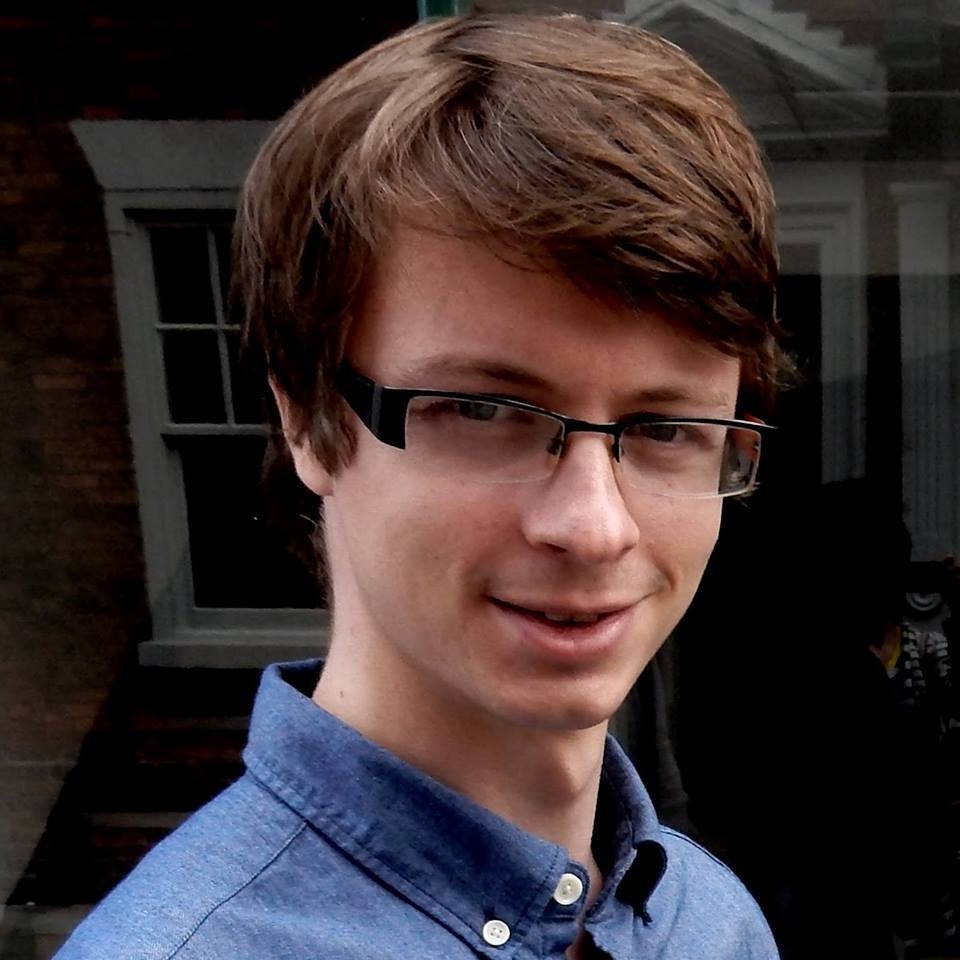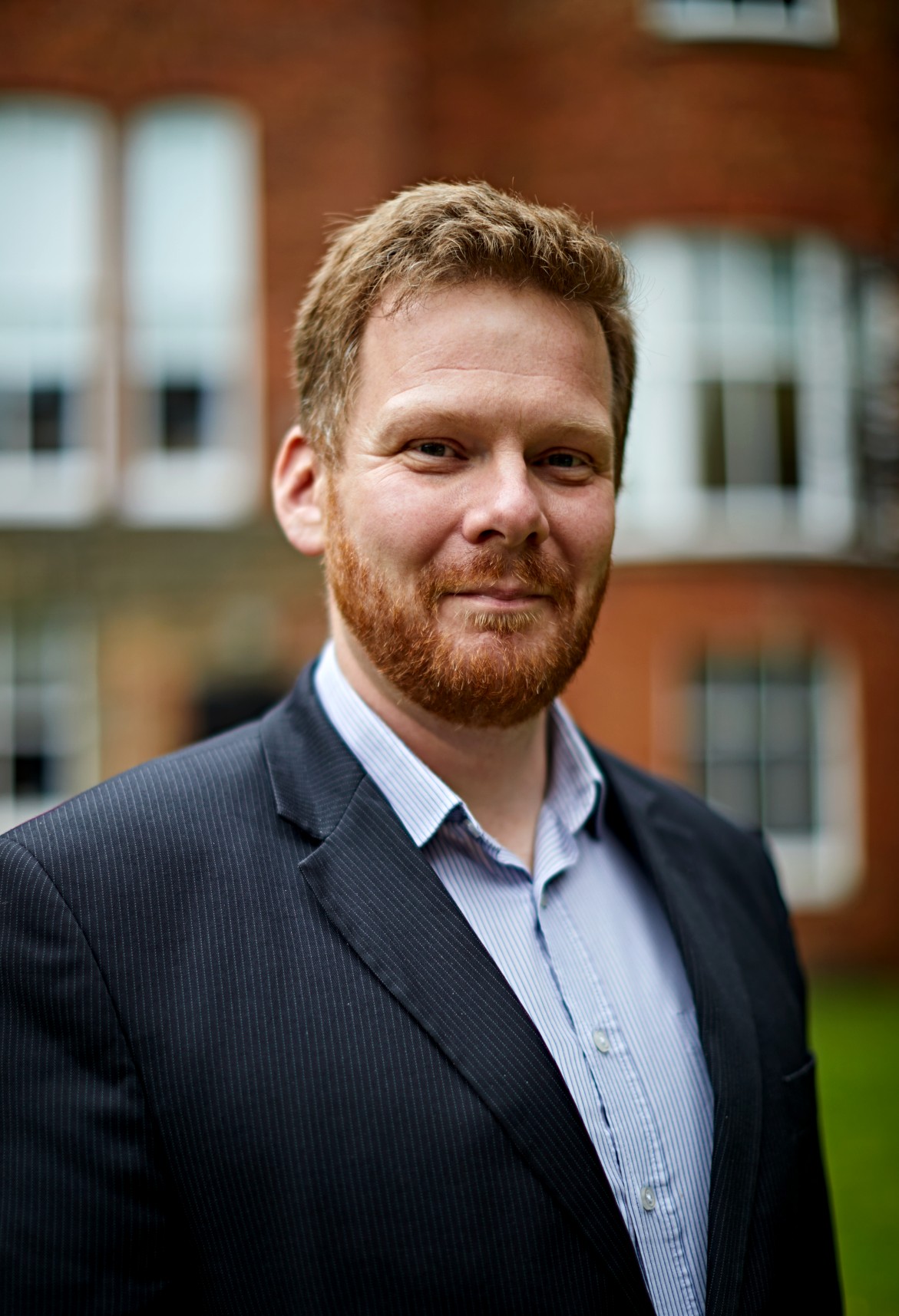Overview
The Education, Childhood and Youth (ECY) Pathway tackles the challenges faced by children, young people and learners of all ages in a rapidly changing world, including the realities and demands of learning and teaching for an unknown future; the ethics and changing nature of social justice in education; inequalities in educational provision, access and attainment; and the cognitive and social-emotional development of learners. The ECY Pathway adopts an encompassing approach to consider the formal and informal learning and development across the lifespan, from perinatal, to infancy and early childhood, through to adulthood. Reflecting the increasing precarity of the world for children and young people in particular, the ECY Pathway also considers the complex interplay between these issues and the broader social, technological, physical, political, policy, economic and environmental changes that young people throughout the world are experiencing. Reflecting its commitment to addressing these key challenges, the Pathway seeks to engage with the children and young people affected by change, their families and wider communities, and those who provide formal or informal education or pastoral support.
Contributing disciplines
The interdisciplinary ECY Pathway welcomes researchers from the fields of education, childhood and youth, language and linguistics, psychology, sociology, human geography, disability studies, critical race studies, and cultural studies. The Pathway supports and promotes the use of innovative methodologies to respond to key challenges faced by children and young people, such as critical policy discourse analysis, visual and multimodal methodologies, digital teaching and learning, narrative inquiry, co-production (including learners and teachers as co-researchers), feasibility and quasi-experimental studies, experimental lab-based studies and the neuroscience of learning and development.
Pathway training and development
Training provided by the ECY Pathway reflects its interdisciplinary breadth, recognising that a diverse mix of skills and knowledge are needed to research the challenges facing children and young people. Training provision in the Pathway is shaped around students’ needs, covering areas such as: experimental methods; participatory research and co-production; critical discourse analysis; visual, sonic, arts-based and sensory methods; digital media methods and data analytics; post-qualitative, post-humanist and affective methodologies; and ethical and political issues in social research, including anti-discriminatory and inclusive approaches to research.













